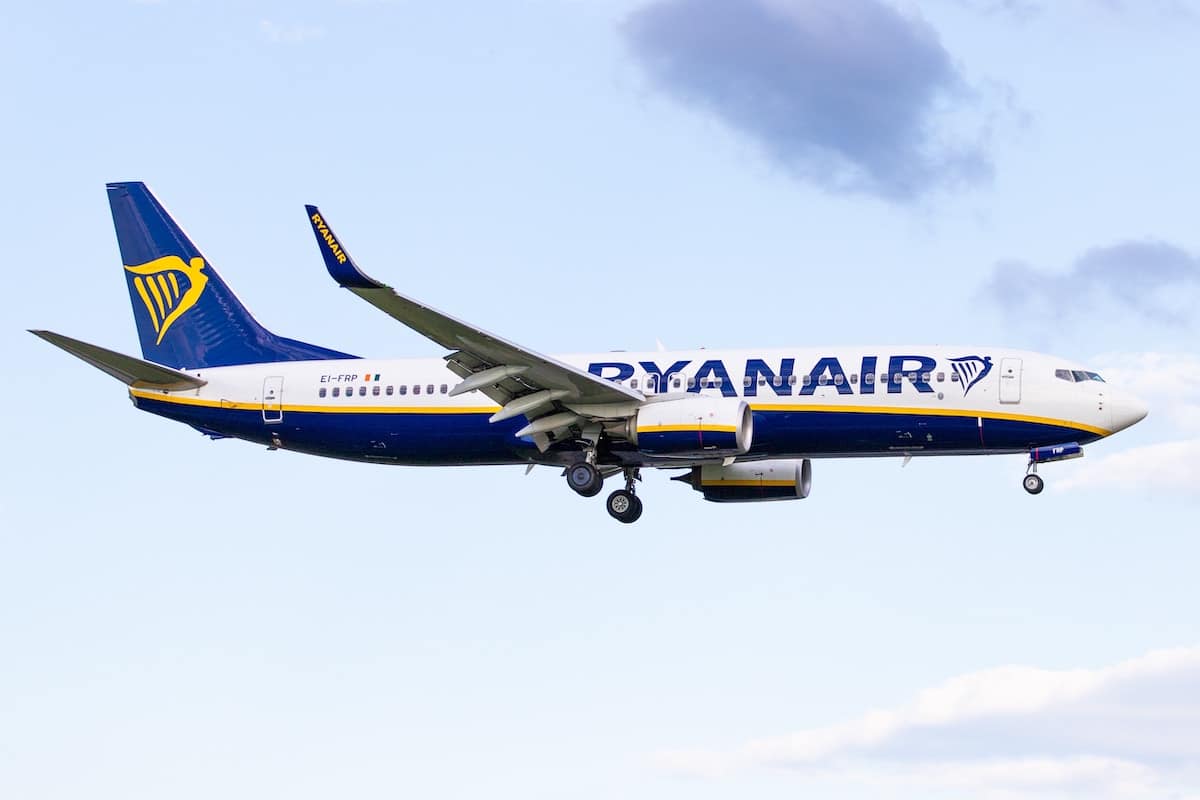Ryanair Leaves Three Airports in France: Good Riddance?

Why the departure of low-cost airline Ryanair from several French airports, without a leverage fund, is an opportunity, not a threat?
With sensational announcements, Ryanair has announced its partial withdrawal from the French market with the closure of its bases in Bergerac, Brive, and Strasbourg. This means 25 routes will be removed and 750,000 seats will be taken out of its offer for winter 2025-2026. This decision is motivated by the increase in the solidarity tax on plane tickets (TSBA), which rises from €3 to €7.51 per passenger in economy class. Did you say ridiculous?
Instead of succumbing to this pressure, France stands to gain by remaining true to its social model. Behind its cut-price tickets, Ryanair conceals a strategy that undermines the economic, social, and territorial fabric of the country. And since nature abhors a vacuum, its departure could provide breathing room for airlines that respect the rules.
You might be interestedin this article:
Ryanair, a low-cost economy… but at what price?
Ryanair has established itself as the flagship of low-cost air transport. However, its model relies on three questionable pillars:
• Minimal social conditions: a long tradition of circumventing local labor laws, non-recognition of unions, contracts based abroad, pressure on crews, and recurring social conflicts. In 2013, the company was condemned for concealed labor in Marseille.
• Dependence on public subsidies: in many regional airports, Ryanair is only present thanks to local assistance or discounts on fees. When support disappears or a tax increases, the company walks away, as it is doing today.
• Assumed economic blackmail: Ryanair’s statement accuses the French government of “harming tourism and regional connectivity.” But it is primarily a pressure strategy on public authorities to obtain more favorable tax conditions.
France should not be ashamed of its social model. On the contrary, it should protect it, and yielding to the demands of an actor like Ryanair, whose CEO Michael O’Leary has an estimated wealth of over a billion euros, would undermine the rights of airline employees, encourage a race to the bottom in fiscal and social standards, and weaken companies that respect the rules.
It is no coincidence that players like Transavia, Volotea, or Air France remain established despite sometimes tighter margins: they comply with French legal frameworks, negotiate with unions, and pay their taxes locally. In a word, they play by the rules.
The departure of Ryanair: a hidden opportunity
Behind the spectacular announcement of the withdrawal of 750,000 seats lies a more structural truth: Ryanair is not indispensable. Its model is unstable, opportunistic, and unreliable in the long term. When it departs, it leaves a void… that others can fill.
The deserted territories will be able to redeploy their air strategy. Instead of subsidizing a precarious operator, regions can turn to more sustainable projects, such as developing intermodal offerings, building solid regional hubs, or entering into agreements with reliable transporters.
The threat raised by Ryanair is a smokescreen. The increase in the tax on tickets, which finances solidarity projects, is neither excessive nor unjust. Especially since it will also apply to competing airlines, so there will be no loss of competitiveness for Ryanair. Thus, the argument is fallacious.
Is Ryanair leaving for other, less acceptable reasons for its image?
ALSO READ: Radia WindRunner, the giant airplane that will swallow wind turbines
This page is translated from the original post "Ryanair quitte trois aéroports en France : bon débarras ?" in French.
We also suggestthese articles:
Also read







